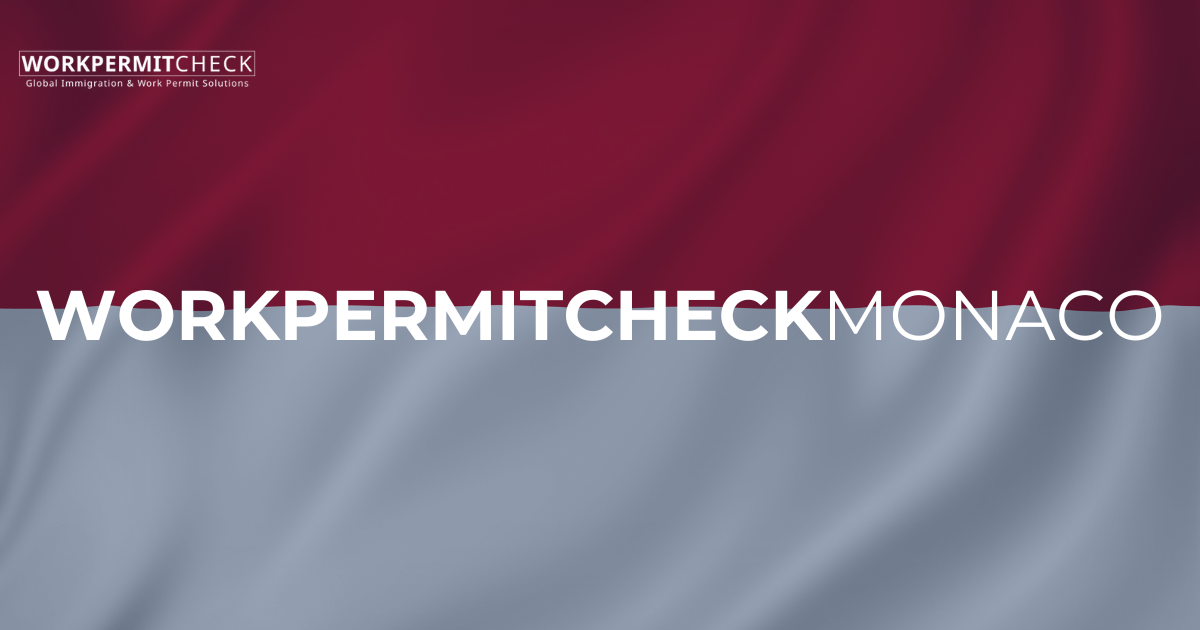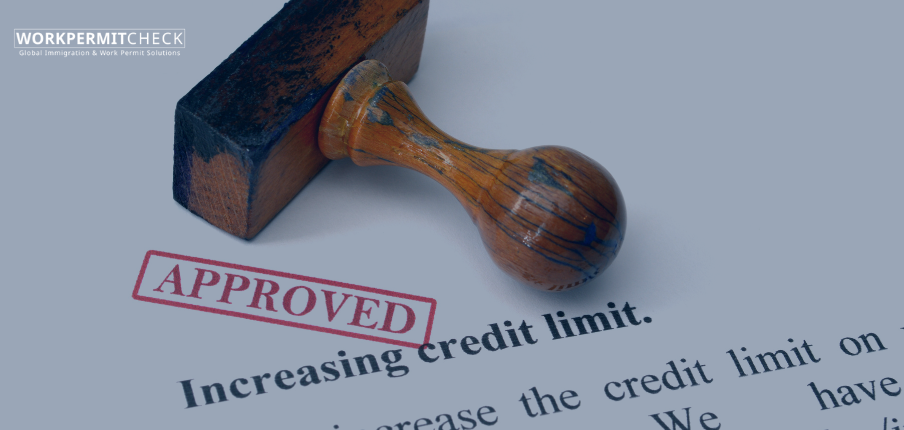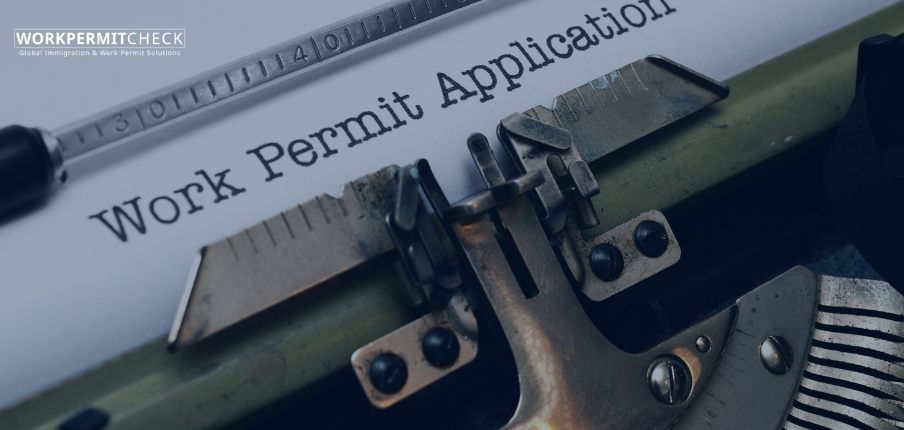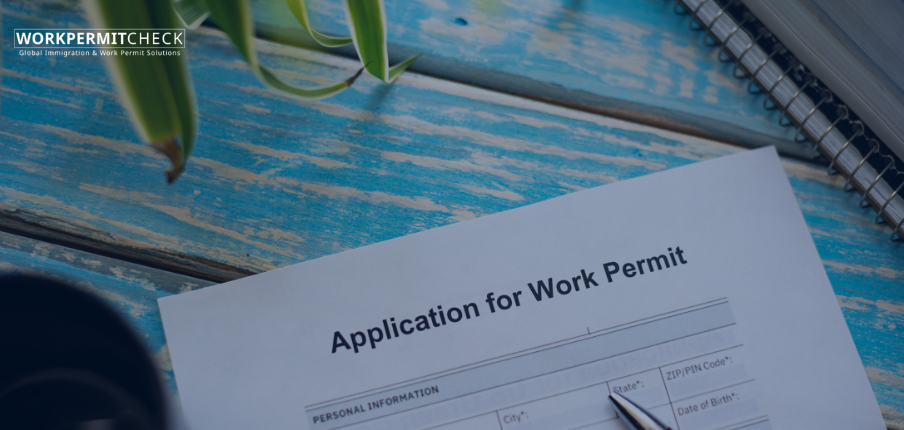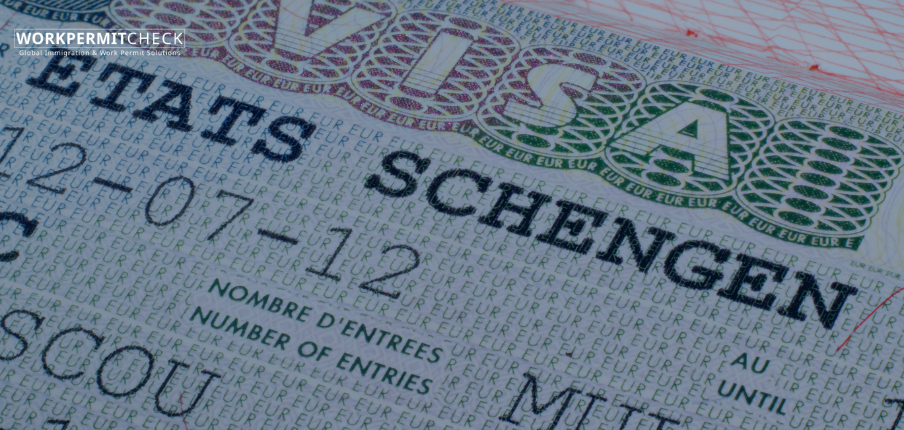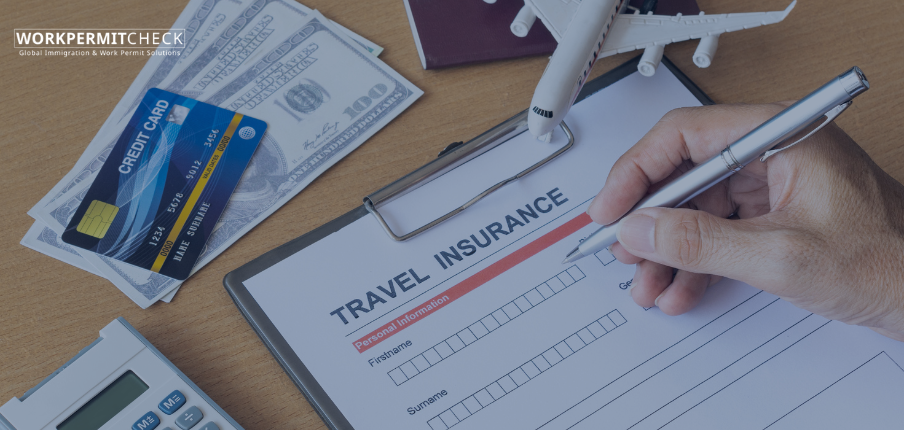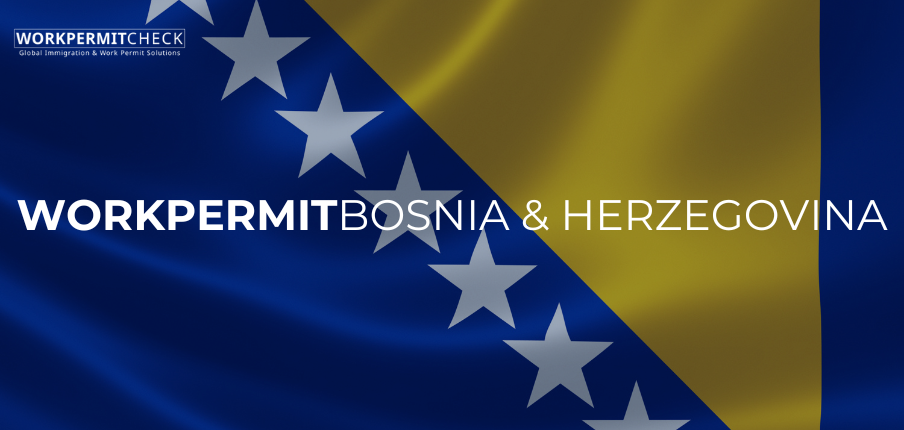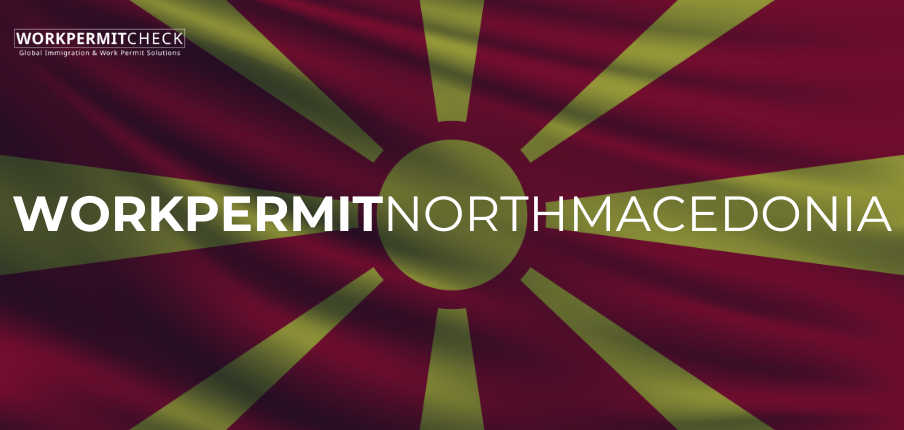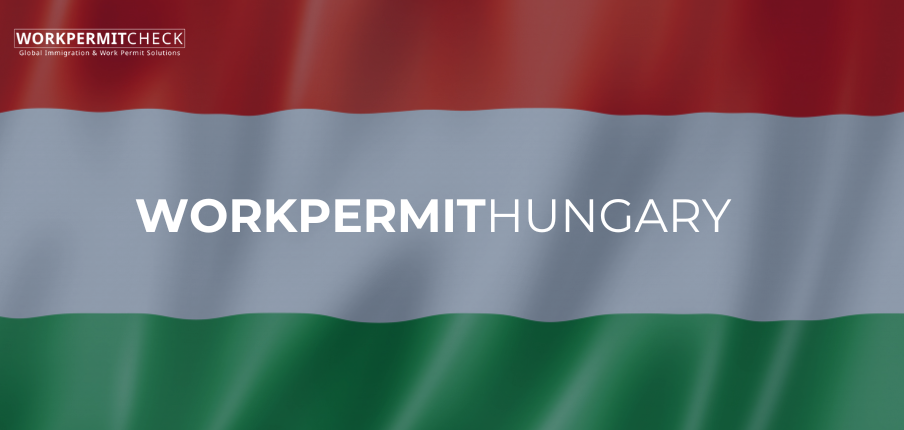If you're planning to work in Poland as a foreign national, understanding who issues work permits—and how the process works—is essential. Poland continues to attract workers from non-EU countries, making work permit compliance an important topic for both employers and jobseekers.
This article explains who is legally responsible for issuing work permits in Poland and outlines the key roles and processes involved.
Who Issues Work Permits in Poland?
Work permits in Poland are issued by the Voivodeship Office (Urz?d Wojewódzki)—a regional government authority operating under the supervision of the Ministry of Family, Labour and Social Policy.
The official responsible for granting the permit is the Voivode (Wojewoda), who oversees all immigration-related labor documentation within their province. There are 16 Voivodeship Offices across Poland, each handling permits based on the region where the employment will take place.
Role of the Employer in the Work Permit Process
Foreign workers cannot apply for Polish work permits themselves. Instead, the employer must apply on their behalf. The employer’s responsibilities typically include:
-
Confirming the lack of suitable local candidates (Labor Market Test, if applicable)
-
Submitting the required documentation to the Voivodeship Office
-
Ensuring the job offer aligns with Polish employment standards
Once the Voivode grants the permit, the employer provides it to the foreign employee, who may then use it to obtain a visa or legal residence.
Types of Work Permits in Poland
Poland offers different types of work permits depending on the employment scenario. The most common categories include:
-
Type A – For foreigners working under a Polish employment contract
-
Type B – For board members residing in Poland for over six months
-
Type C – For foreigners transferred within a company to its Polish branch
-
Type D – For employees sent to Poland by a foreign employer to provide services
-
Type E – For all other cases not covered above
Each work permit is specific to the job, employer, and location. If a foreign worker changes any of these elements, a new application must be filed by the new employer.
Key Tips
-
Only employers can apply for a work permit in Poland.
-
Permits are issued by the appropriate Voivodeship Office based on job location.
-
Changing employers or job roles requires a new permit.
-
Always ensure employment terms comply with Polish labor regulations.
Sources
Disclaimer
This content is for informational purposes only. WorkPermitCheck.com is a private verification service provider. We do not issue visas or work permits and are not affiliated with the Polish government or any immigration authority.
Frequently Asked Questions (FAQs)
1. Can I apply for a Polish work permit myself?
No. Only your prospective employer in Poland can apply for a work permit on your behalf.
2. How long does it take to get a work permit in Poland?
Processing times vary by region but generally range between 4 to 10 weeks.
3. Do I need a new permit if I change jobs?
Yes. Polish work permits are employer-specific, so a new job requires a new permit.
4. Do EU citizens need a work permit in Poland?
No. Citizens of EU/EEA countries and Switzerland do not need a work permit, but they must register their stay locally.


































































































































































